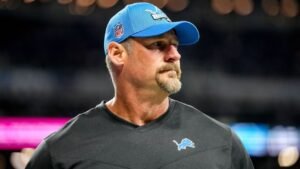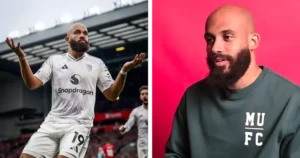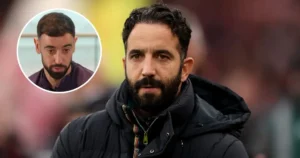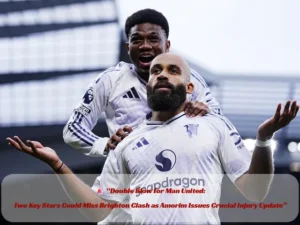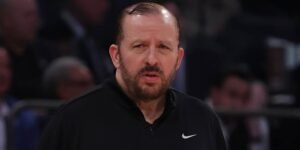
the New York Knicks have parted ways with head coach Tom Thibodeau, according to sources close to the organization. The decision, which was announced earlier today, has sent shockwaves through the NBA, but insiders say the Knicks’ front office had been planning the move for some time.
According to league sources, the Knicks’ brass had internally made the decision to move on from Thibodeau weeks ago, possibly even before the end of the 2024–25 season. Despite public statements of support, tension had reportedly been growing behind the scenes regarding the team’s direction, player development strategy, and offensive stagnation.
“Everyone knew it was coming,” said one source familiar with the discussions. “There was a growing sense that Thibs had taken this group as far as he could.”
Mixed Results and Stubborn Style
Thibodeau, 67, brought a tough, defensive-minded culture to New York when he took over in 2020. He earned NBA Coach of the Year honors in 2021 after leading the team to a surprising playoff berth. But since then, playoff success has eluded the Knicks, and criticism of his heavy-handed rotations and reluctance to adapt offensively only grew louder.
The 2024–25 campaign, marked by inconsistency, underperformance from key players, and another early playoff exit, appears to have been the tipping point.
What’s Next for the Knicks?
With Thibodeau out, attention now turns to potential replacements. Speculation is already swirling around several candidates, including former player and assistant coach Johnnie Bryant, as well as veteran coaches like Kenny Atkinson and Mike Budenholzer.
The Knicks’ front office, led by President Leon Rose, is said to be looking for a “modern-minded coach” who can build around the team’s young core while managing the pressure of New York’s demanding basketball market.
Thibodeau’s Legacy in New York
Though his tenure ended on a sour note, Thibodeau’s impact on the franchise is undeniable. He restored a defensive identity and helped reestablish the Knicks as a competitive team after years of irrelevance. Still, his departure signals a clear shift in organizational priorities—likely toward a more player-centric, pace-and-space style of basketball.
